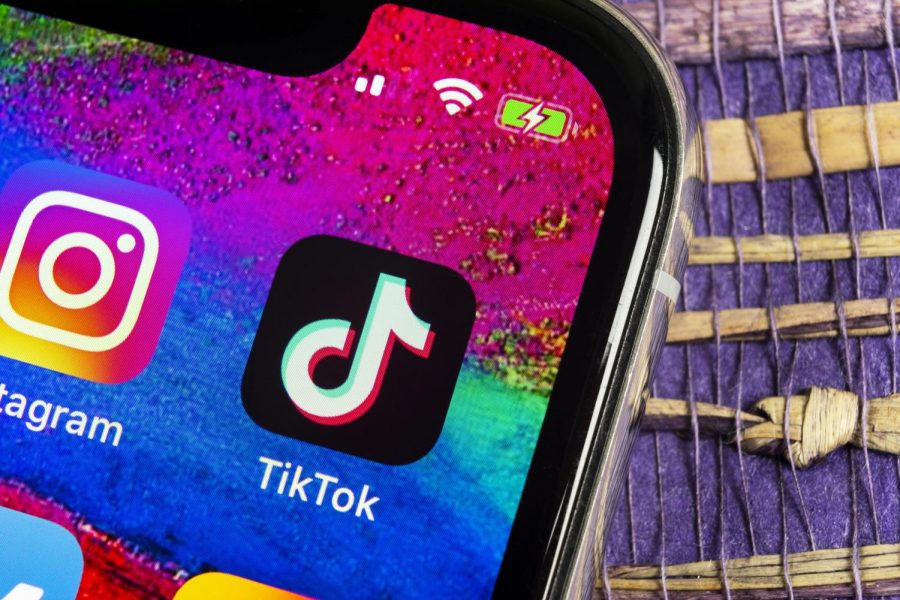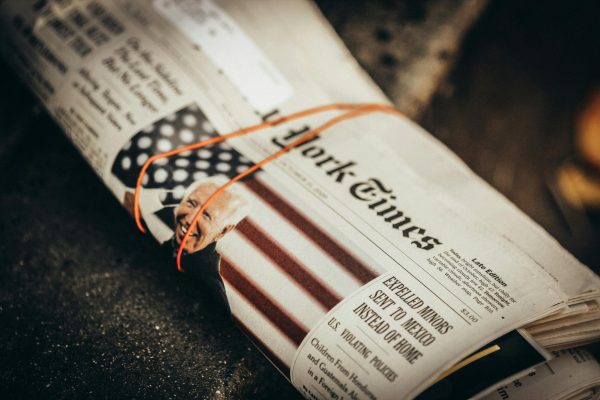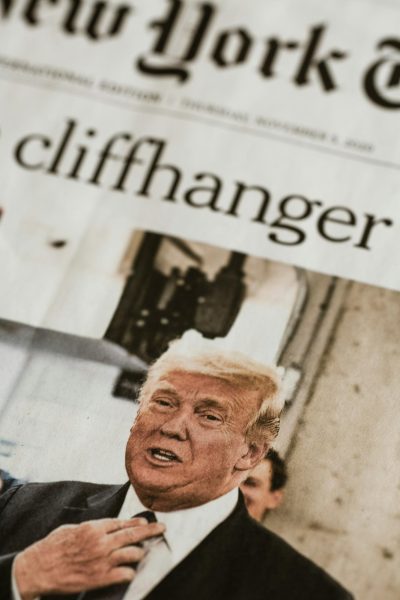Trump signs executive order to ban social media app TikTok
Dreamstime
The United States government is “looking at” banning Chinese social media apps such as TikTok.(Dreamstime/TNS)
President Donald Trump issued an executive order Aug. 6 banning two Chinese apps, including TikTok, starting Sept. 20.
The short video platform, owned by Chinese developer ByteDance, has billions of downloads worldwide, including roughly 100 million in the U.S. teens and young adults comprise the largest age cohorts, with six-in-ten American users between the ages of 10 and 29.
Despite the very high numbers, which have surged during the coronavirus pandemic and subsequent lockdowns, governments and experts across the globe are warning that the app is mired with security flaws and risks. To add insult to injury, ByteDance is subject to the regulations of the Chinese Communist Party, including a national intelligence law that requires the company to divulge information, including private user data, to the government upon request.
These ties to the Chinese regime have been under U.S. scrutiny for months. Around New Year’s, soldiers in the military were ordered to stop using TikTok. Less than two months later, the ban was extended to TSA employees. In March, the GOP-controlled Senate introduced a bill to bar all federal employees from the platform; the legislation cleared both Houses of Congress on Aug. 6.
Last month, Secretary of State Mike Pompeo announced he was “looking at” a nationwide ban on the app for all Americans. Then on July 31, President Trump ratcheted up the threats by saying that he would decree a ban as soon as the next day. That ultimately did not happen, but he declared a national emergency and issued an executive order Aug. 6 mandating that ByteDance has 45 days to sell its U.S. operations or be forced to cease all transactions and downloads in the country. The commander-in-chief signed a separate order that Chinese messaging app WeChat also be forbidden after the month-and-a-half-long grace period.
TikTok said in an Aug. 7 statement amid Trump’s order that “[they] have made clear that TikTok has never shared user data with the Chinese government, nor censored content at its request.” The legitimacy of that promise, however, cannot be confirmed due to China’s intelligence law, which TikTok never mentioned. The platform also expressed fears that a ban would “set a dangerous precedent for the concept of free expression and open market.”
However, the ban will be canceled if an American company buys Americans’ data and secures it from the Chinese government. Microsoft is already in talks with ByteDance to execute this deal; if all goes well, the technology behemoth would submit plans to the White House by Sept. 15. Such an acquisition, though, would likely face several technical hurdles, but it could still happen. On the bright side, Twitter has also announced that it will make a strong effort to buy TikTok’s operations in the U.S. by the deadline.
American reception of Trump’s actions has been mixed. Many argue that a sudden ban of an extremely popular social-media app would constitute an unprecedented infringement of the First Amendment. The ACLU slammed the orders as an “abuse of emergency powers under the guise of national security.” Some people have even argued that the president is simply banning the app because anti-Trump activists used it to save seats at his June 20 Tulsa rally and then never showed up, although the accuracy of this theory has not been determined at this time.
Others, however, support the executive actions against TikTok. Their arguments include punishing China for hostility towards Hong Kong and the Uighur Muslims as well as a long rap sheet of cyberattacks against the U.S. That list also grows on a regular basis, with a severe slew of attacks being added this summer. FBI Director Christopher Wray condemned them as “one of the largest transfers of wealth in human history.” The danger is not just restricted to the States; the effects of the Chinese regime’s online misconduct have prompted the attention of experts and authorities around the world. A long list of countries from Australia to Pakistan have either proposed legal action against TikTok usage in their jurisdictions or issued strong warnings against the app. It has already been outlawed in India.












